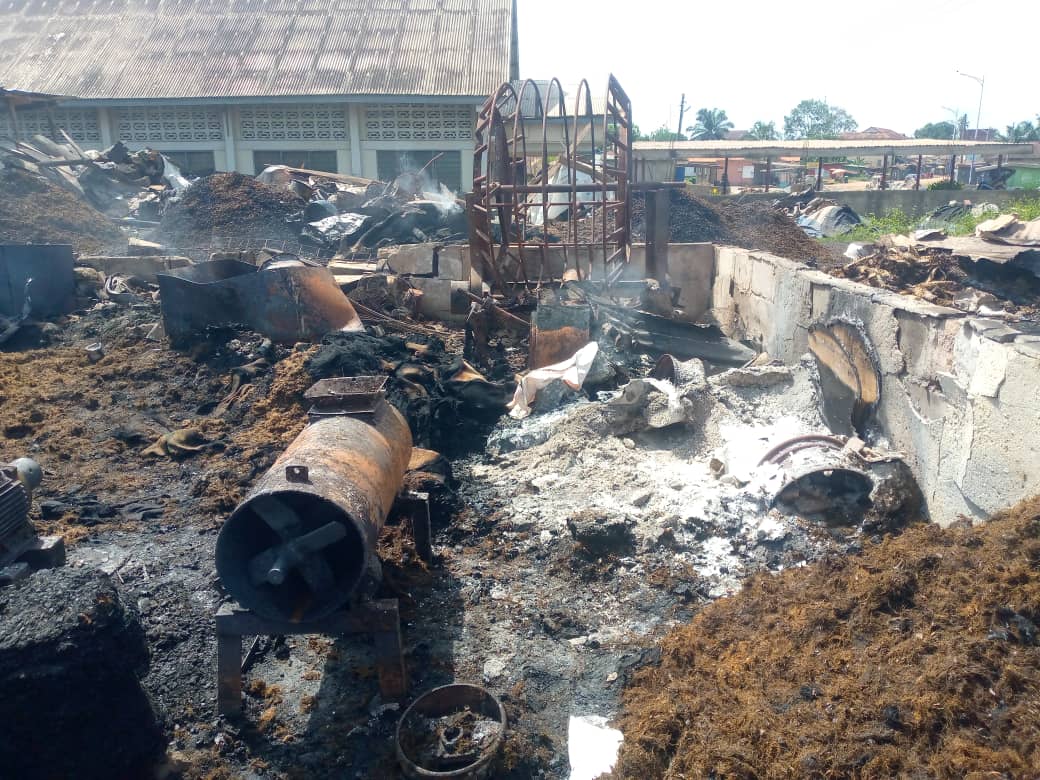
A leading oncologist has revealed the five common habits that could increase your risk of developing cancer.
Dr Mikkael Sekeres, chief of hematology at the Sylvester Comprehensive Cancer Center in Florida, recently warned unexpected day-to-day activities may lead to cancer developing in the body.
In a recent comprehensive review of more than 2million young cancer patients diagnosed between 2010 to 2019, researchers found 14 cancers were on the rise: Stomach, colon, pancreatic, bone and joint, melanoma, female breast, cervical, uterine, testicular, kidney and four types of cancers of the lymph system.
Excessively hot drinks
It’s well known that alcohol can increase the risk of several forms of cancer, as it breaks down into acetaldehyde, a toxic chemical that damages DNA and creates inflammation.
However, even drinking hot beverages like tea may raise the risk of throat cancer.
A study from China found people who drank burning-hot tea – over 140 degrees Fahrenheit (60 degrees Celsius) – and at least one alcoholic beverage every day had a five-fold greater risk of esophageal cancer than those who did not.
And drinking the hot tea alone every day doubled the risk.
Additionally, research from the UK found almost twice the risk of throat cancer in people who drank four to six cups of hot coffee or tea every day compared to those who didn’t drink it at all.
Drinks above 140 degrees Fahrenheit are thought to damage cells in the esophagus when the tea is consumed multiple times a day for years.
Grilling
As summer weather sets in, millions of Americans are firing up their grills.
However, Dr Sekeres warns against eating meats cooked at high temperatures, such as hot dogs or burgers.
He warns grilling meats like beef, poultry, fish or pork at high temperatures generates heterocyclic amines and polycyclic aromatic hydrocarbons – groups of chemical compounds that are known to be mutagenic and potentially carcinogenic.
Dr Sekeres wrote: ‘This occurs as the meat proteins react to the heat and as fat and juice drip onto the fire’s surface, causing flames and smoke.’
Recent research suggests chemicals created by these meats trigger harmful inflammation and oxidative stress, an imbalance between disease-fighting antioxidants and harmful free radicals, which attack cells and tissues. This increases the risk of colon cancer.
Dr Sekeres limits his high-heat cooked meat to once a month, even during grilling season.
Chemical hair straighteners and dyes
Dyeing or straightening your hair could also increase your risk of developing cancer.
Dr Sekeres explains this is because hair dye and chemical straighteners contain formaldehyde, a proven carcinogen in humans, and phthalates, toxic chemicals used to make plastics more flexible and durable.
They are also shown to be endocrine-disrupting chemicals, meaning they imitate the body’s hormones and interfere with the production of – and response to – natural hormones like estrogen and testosterone.
This increases the risk of developing hormone-sensitive cancers like breast and ovarian cancer.
One 2020 study of sisters found those who used permanent hair dye were more likely to develop breast cancer than those who never used it.
Another 2022 study found using any straightening products within the previous year led to a higher chance of developing uterine cancer.
Tattoos
One in three Americans has at least one tattoo, and 22 percent have more than one, according to recent data from Pew Research Center.
While the procedure is generally considered harmless, a recent study suggested tattoos could increase the risk of lymphoma – a type of cancer in the lymphatic system, a network of vessels and glands that are part of the immune system.
The exact list of chemicals depends on the ink brand, but there are usually synthetic molecules, stabilizers and heavy metals like cadmium, which has been linked to kidney damage, bone disease, lung disease and an increased risk of certain cancers.
Additionally, a small Danish study of twins found those with tattoos were 62 percent more likely to develop skin cancer, as chemicals in the ink may accumulate in the lymph nodes, glands that are a vital part of the body’s immune system.
The dye could trigger chronic inflammation, leading to abnormal cell growth and an increased risk of cancer, the researchers said.
Shisha smoking
Shisha or hookah smoking involves burning flavored tobacco with charcoal and then breathing in the tobacco smoke using a mouth pipe.
Recent research suggests one in 100 Americans have smoked hookah at least once.
While many believe this form of smoking is healthier than smoking cigarettes because they think the water in the device filters the smoke, studies have shown this is a common misconception.
Hookah smoke has high levels of harmful chemicals including tar, carbon monoxide, heavy metals and cancer-causing chemicals called carcinogens.
Dr Sekeres said hookah smokers are exposed to more carbon monoxide than people who smoke cigarettes because sessions last longer, around one to two hours, compared to a few minutes for cigarettes.
In fact, the FDA estimates during a one-hour long hookah session, users inhale up to 200 times more smoke than with a single cigarette.
Source: dailymail.co.uk
The post Doctor reveals five things people have no idea cause cancer appeared first on The Ghanaian Chronicle.
Read Full Story











Facebook
Twitter
Pinterest
Instagram
Google+
YouTube
LinkedIn
RSS